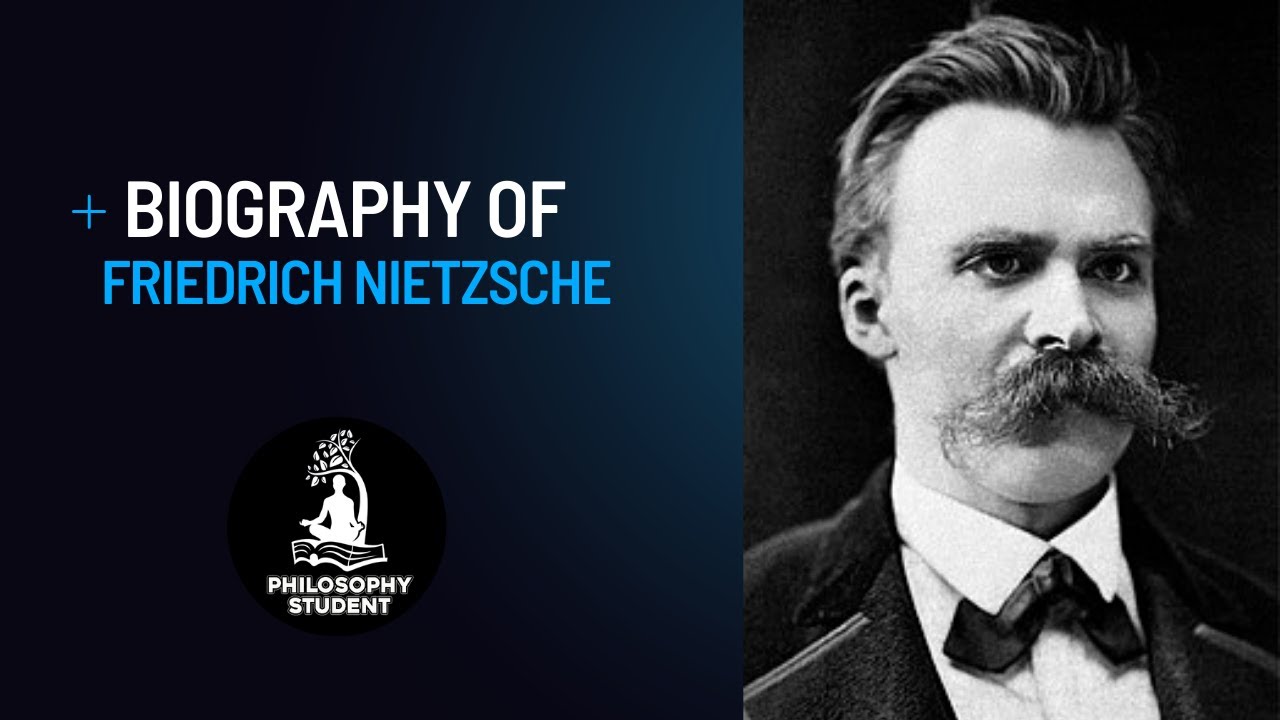Friedrich Wilhelm Nietzsche was born on October 15, 1844 in Rocken, Saxony, the son of a Lutheran pastor. He studied classical philology at the universities of Bonn and Leipzig and was appointed to a professorship at the University of Basel in 1869. While living there, he became an intimate of the composer Richard Wagner, whose achievements in music and poetic expression Nietzsche extolled in his first book, The Birth of Tragedy from the Spirit of Music (1872). Seven years later, Nietzsche publicly broke with Wagner after the composer established an anti-Semitic cult at Bayreuth, the seat of his operatic production and performances. The break occupied Nietzsche lifelong and resulted in his long aesthetic and moral essay, Nietzsche contra Wagner (1889).
Chronically plagued by ill health, Nietzsche resigned from the University of Basel in 1879 and became an ascetic and solitary philosopher, famed for his critical rejection of Christianity (as a “slave religion”) and middle-class morality in general, which he proposed to displace with his concepts of the “will to power” and the Superman (Übermensch), in effect, a higher form of humanity, transcending ordinary religion and morality in a world in which “God is dead.” In his most popular book, Thus Spake Zarathustra (1883-1884), Nietzsche sought to redefine his essentially nihilistic world view as an opportunity for humanity to make an evolutionary leap.
In all his major works, beginning with Zarathustra, and progressing through Beyond Good and Evil (1886), The Genealogy of Morals (1887), Twilight of the Idols (1888; published,1889), Antichrist (1888; published, 1895), and Ecce Homo (1888; published, 1908), Nietzsche developed the intellectual framework of his rejection of Christian and middle-class morality and fashioned the concepts of the “will to power” and the Superman. These concepts were evolved within a worldview he called “eternal return,” the idea that our reality is eternally self-creating and self-destroying, which introduced the most profound degree of nihilism in a philosophy that denied a telos, or end goal.
The philosopher decayed mentally beginning in 1889, possibly as a result of syphilis but more likely due to an inherited stroke disorder and perhaps a brain tumor (meningioma). Left to the care of his mother in his final years, he succumbed to pneumonia on August 25, 1900
Largely unrecognized during most of his life, Nietzsche developed concepts that became hallmarks of twentieth-century philosophy, including the “death” of God, the condition of nihilism, the will to power (as the key to human behavior), the idea of the Superman, perspectivism (versus an absolute concept of truth and ethics), and the concept of eternal return. All exerted a profound, at times intoxicating, influence over intellectuals, artists, writers, philosophers, and—with infamous results—political leaders. His concept of the Superman in particular was hijacked by fascists and Nazis, including Adolf Hitler, as a philosophical justification for opposition to democracy, “ordinary” morality, and, indeed, basic human rights. Most notably, Hitler grafted elements of Nietzsche’s thought onto an elaborate Nazi political and mythological dogma. As a result, Nietzsche’s legacy in the late twentieth century and into our own time has been deeply stained, albeit through no fault of his own.




































